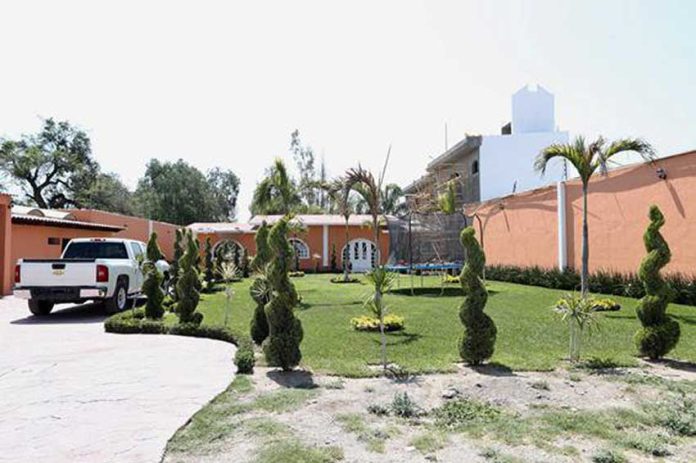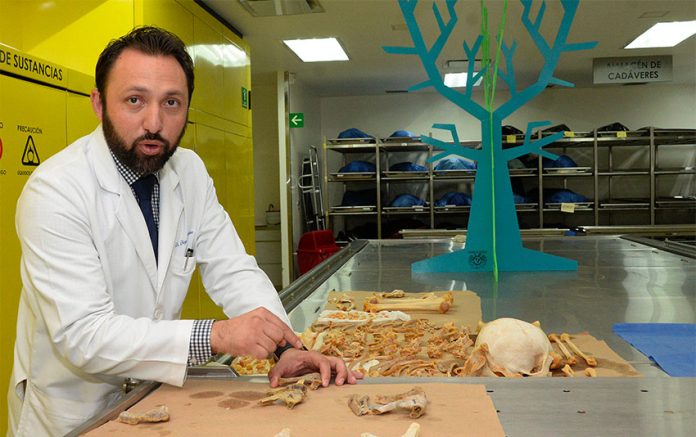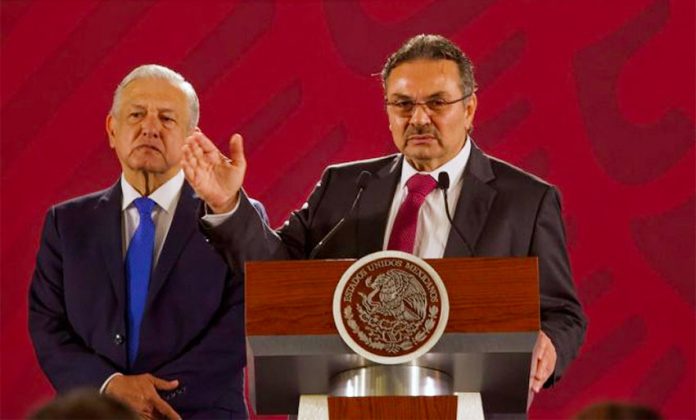A garbage dump in greater Mexico City has become a toxic mountain of waste that is contaminating the subsoil and local rivers, according to neighbors.
The Tepatlaxco metropolitan landfill, located in Naucalpan, México state, is in clear violation of federal environmental regulations, according to a report published today in the newspaper El Universal.
The dump stinks, it’s infested with flies, cockroaches and rats and its toxic runoff is polluting rivers in the Rincón Verde area of Naucalpan.
During visits to the site, El Universal reporters observed the arrival of hundreds of garbage trucks operated both by municipal governments and private companies.
Toxic waste is indiscriminately thrown on to a massive pile of trash that is as high as 50 meters in parts, the newspaper said.
The landfill is operated by the company Bio Merik, which was granted a 20-year concession in 2018. There are plans to extend the dump over 33 hectares of communal land.
Rincón Verde residents filed a complaint against the company but the public services director at the Naucalpan council denied that it is not complying with environmental regulations.
However, Carlos Trujillo Anell said that authorities will inspect the site to confirm that is the case.
Bio Merik told El Universal that an average of 1,100 tonnes of waste arrives at the dump every day but its landfill manager denied that toxic runoff is causing contamination.
“It’s rainwater because it rains a lot here,” Francisco Zúñiga said.
But residents dismissed that claim and outlined the route the toxic liquids take to a local river that supplies drinking water.
Dozens of 100-year-old ahuehuete trees, or Montezuma cypress, that line waterways are dying off amid the toxic runoff, said one resident identified only as Claudia.
She added that the presence of toxic waste near people’s homes is causing health problems such as headaches and stomachaches.
Fetid odors reach neighborhoods more than three kilometers from the dump site and unusually large numbers of insects and rodents have invaded the surrounding area, residents said.
Source: El Universal (sp)












